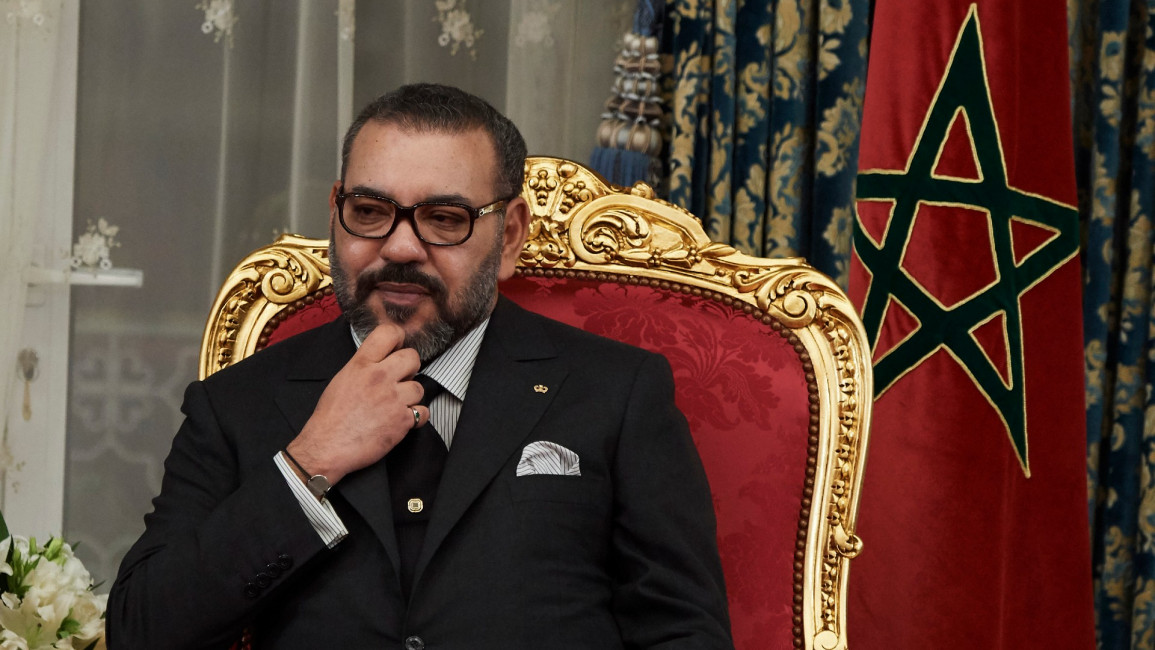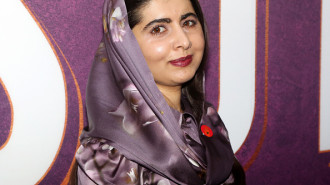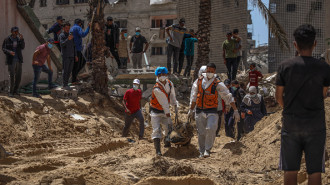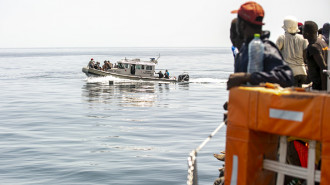Morocco's king hails Nigeria-Morocco pipeline project amid rivalry with gas-rich Algeria
Morocco's King Mohammed VI touted Sunday the Nigeria-Morocco gas pipeline project (NMGP), which will supply West Africa and Europe, amid intense rivalry with neighbouring Algeria, currently Africa's top natural gas exporter.
"Given the continental dimension of the Nigeria-Morocco Gas Pipeline, we also see it as a structuring project promising to link Africa and Europe," said Morocco's king during his Sunday speech.
In September, Rabat and the Economic Community of West African States (ECOWAS) signed a memorandum of understanding on a gas pipeline project linking Nigeria to Morocco.
OPEC member Nigeria has the largest proven reserves of gas in Africa and the seventh largest globally.
Mauritania and Senegal are also participating in this project.
"Intended for present and future generations, the project works in favour of peace, the economic integration of the African continent and its common development," pleaded Mohammed VI.
The NMGP, for which no timetable has been set, is part of a geopolitical context marked by rising international demand for gas and oil and soaring prices after Putin invaded Ukraine.
The Russian-Ukrainian conflict drove several countries, particularly European nations, to reduce their dependence on Moscow.
The Nigeria-Morocco pipeline, 6,000 km long, must cross around 13 African countries along the Atlantic coast and supply the landlocked states of Niger, Burkina Faso and Mali.
It will reportedly make it possible to transport more than 5,000 billion cubic metres of natural gas to Morocco.
Once finished, it will be linked to the Maghreb Europe Gas Pipeline (GME) and the European gas network.
The pipeline would be an extension of a structure that has been pumping gas from southern Nigeria to Benin, Togo and Ghana since 2010.
The project was established in 2016 amid a heightened regional rivalry between Morocco and Algeria, the leading African exporter of natural gas and the 7th in the world.
Last year, the crisis between the two North African frenemies escalated with the rupture of their diplomatic relations in August 2021.
After this rupture, Algeria deprived Rabat of its gas exports by closing the Maghreb-Europe gas pipeline (GME) in October. GME was transporting Algerian gas to Madrid and Rabat.
Since then, the North African kingdom sought to diversify its sources.
In recent years, Morocco has encouraged foreign companies to launch exploration drilling in the kingdom's cities by offering 75% of the benefit licenses, with the remaining 25% going to the state-owned company the Moroccan National Office of Hydrocarbons and Mines (ONHYM).
The step coaxed several companies to seek drilling licenses in Morocco, including UK's Sound Energy and Chariot Ltd, and Israel's NewMed Energy.
At the start of this year, Chariot, a British Morocco-based energy company, announced a "significant" discovery of gas in the kingdom's northern city of Larache that may end the country's long-standing lack of natural gas.
With less than 100 million cubic meters of natural gas production per year, the Moroccan kingdom was mainly dependent on Algerian natural gas to meet its needs, expected to reach 1.1 billion cubic meters in 2025.



